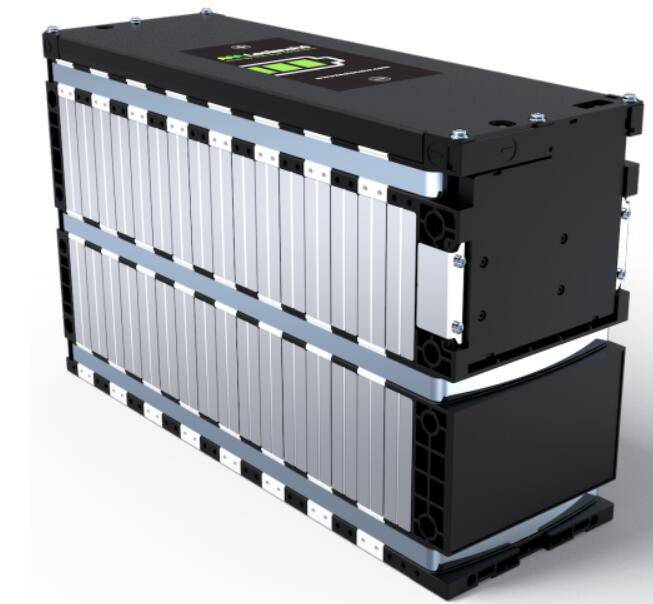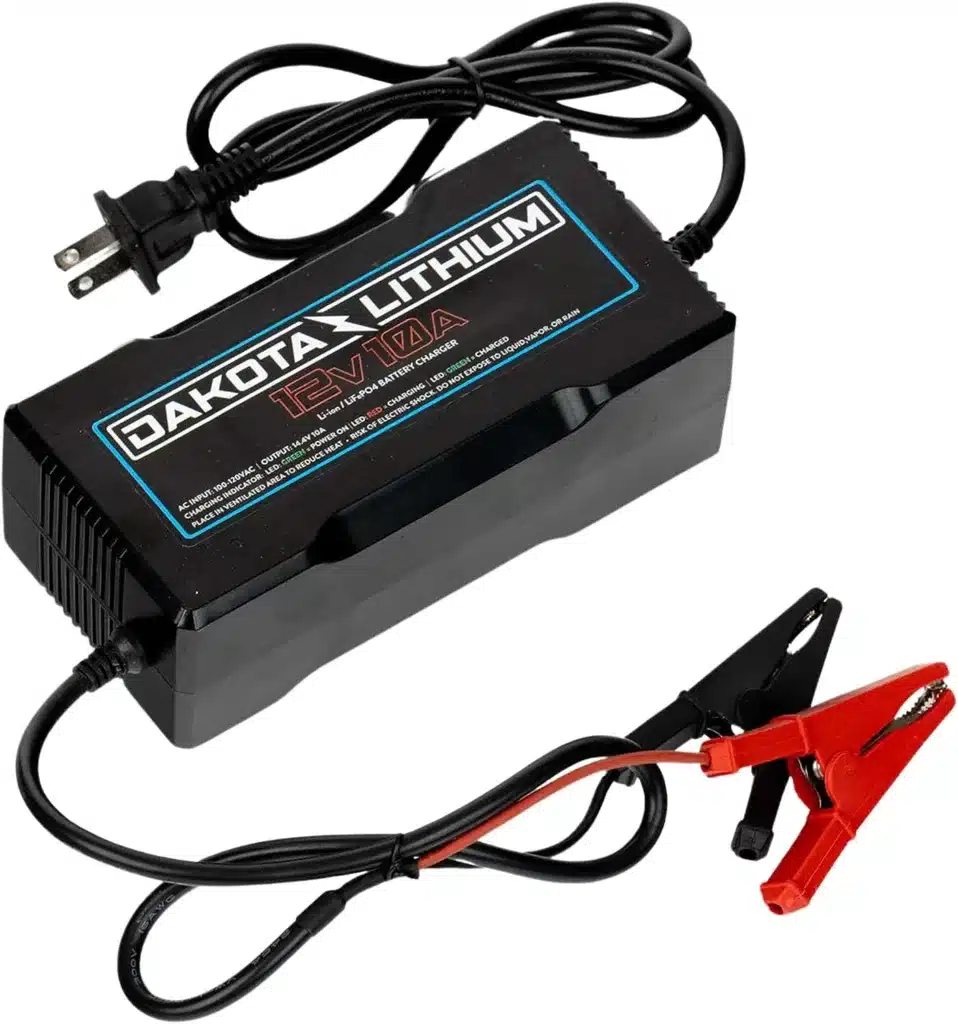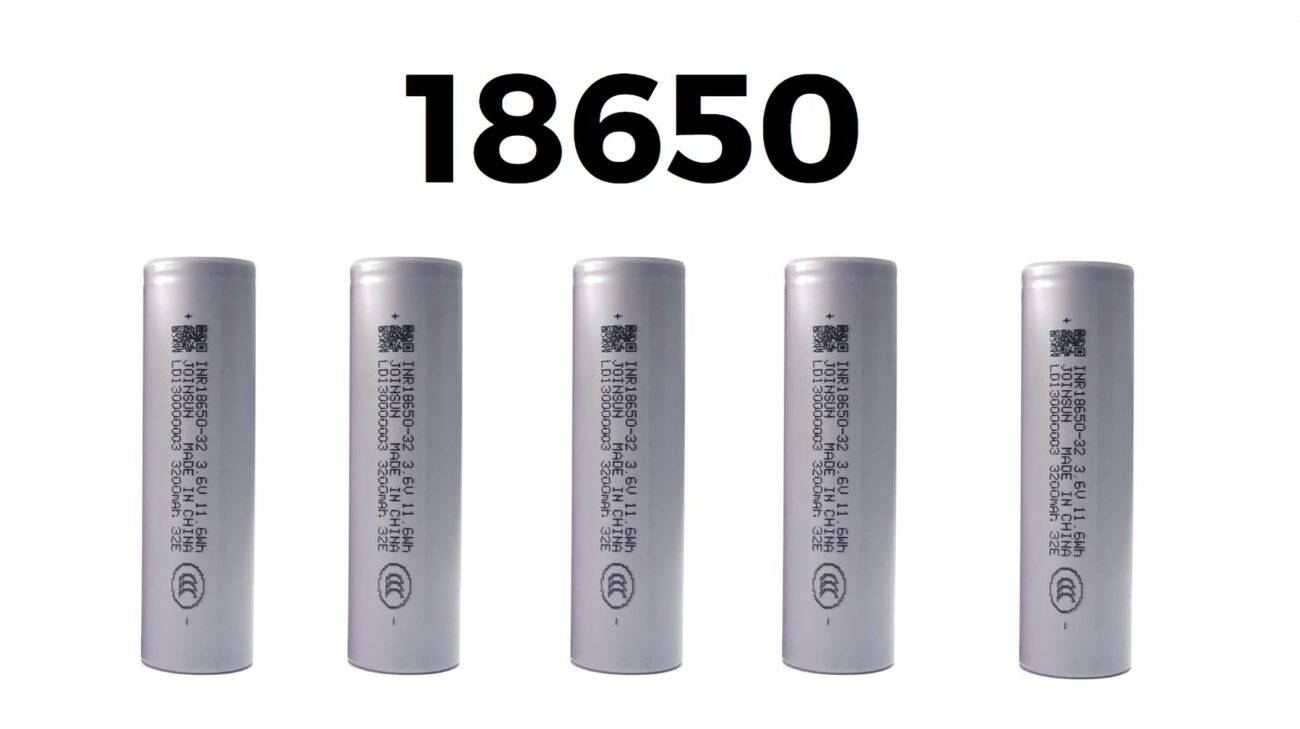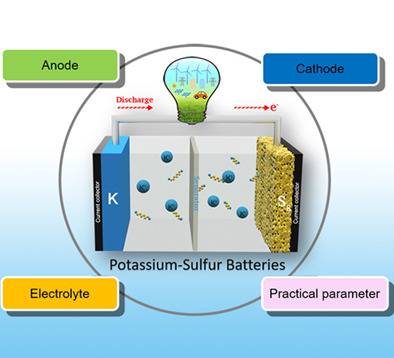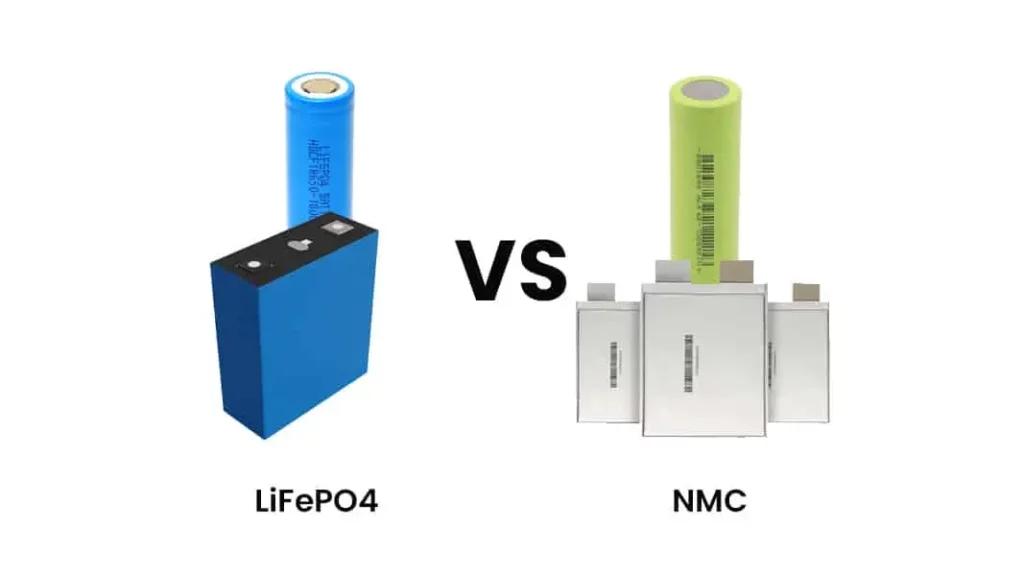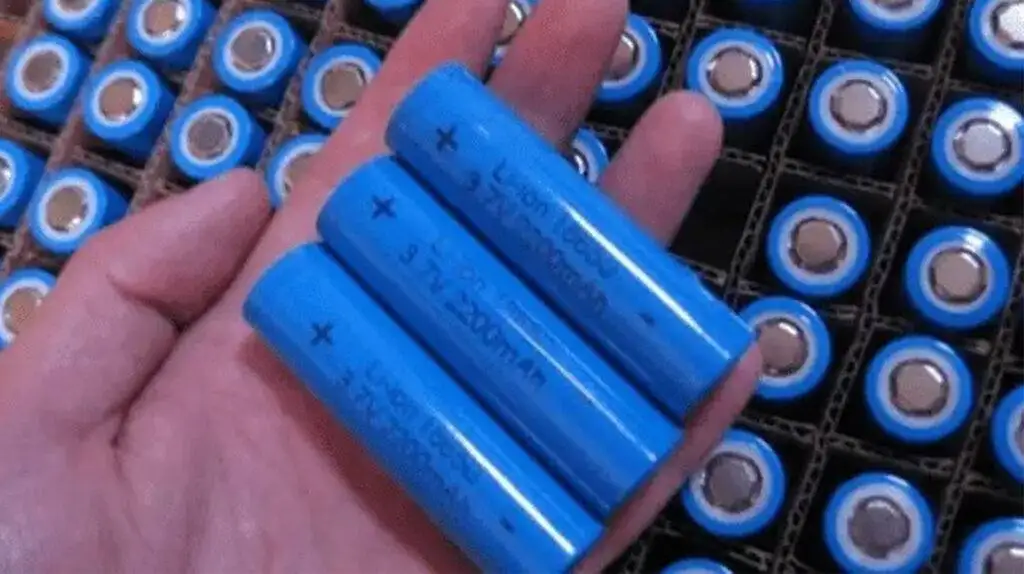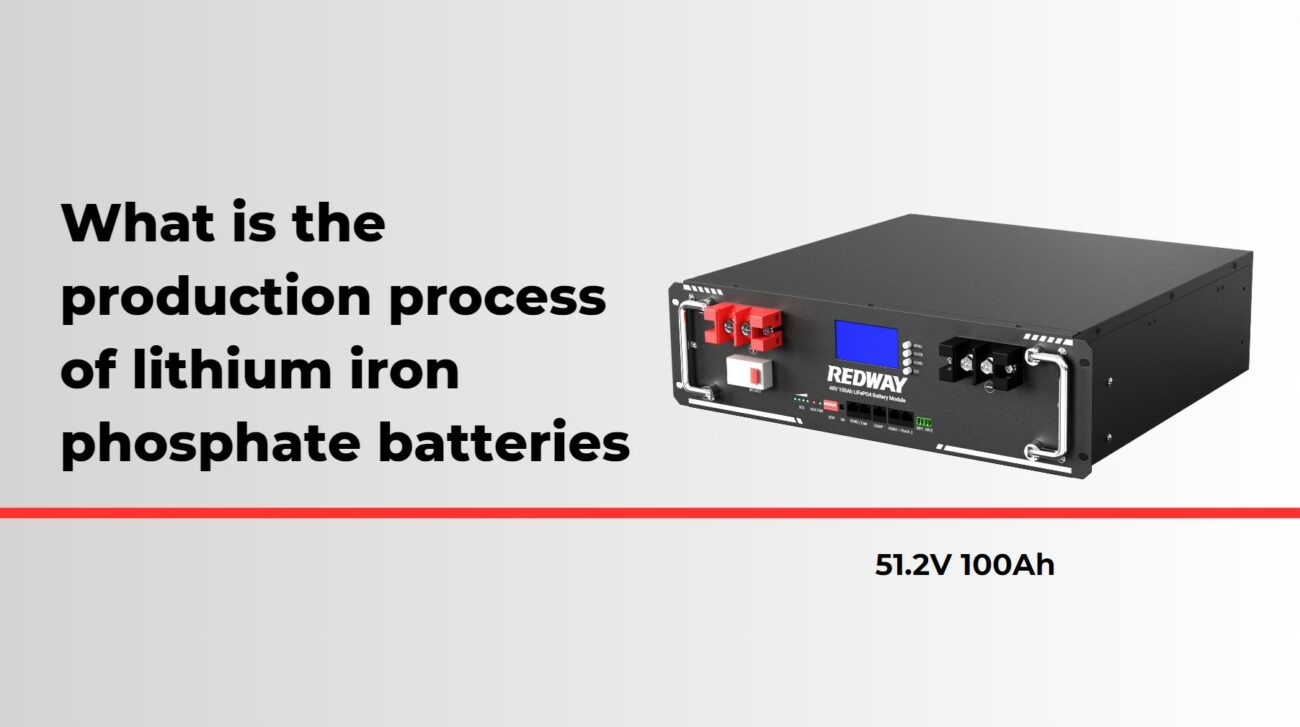In recent years, the quest for sustainable energy solutions has intensified, leading to significant advancements in battery technology. Among these innovations, sodium-ion batteries have emerged as a promising alternative to traditional lithium-ion batteries. As we explore the potential of sodium-ion technology, we will uncover its benefits, applications, and how it can contribute to a more sustainable future.
Understanding Sodium-Ion Batteries
Sodium-ion batteries operate on a similar principle to lithium-ion batteries but utilize sodium ions instead of lithium ions for energy storage and transfer. This fundamental difference offers several advantages, particularly in terms of resource availability and environmental impact.
Key Components of Sodium-Ion Batteries
- Anode Materials: Typically made from carbon-based materials or sodium metal oxides, the anode plays a crucial role in determining the battery’s overall performance.
- Cathode Materials: Commonly composed of transition metal oxides or polyanionic compounds, the cathode is vital for storing and releasing sodium ions during charge and discharge cycles.
- Electrolyte: The electrolyte facilitates the movement of sodium ions between the anode and cathode, influencing the battery’s efficiency and safety.
Advantages of Sodium-Ion Batteries
Sodium-ion batteries present several compelling benefits that position them as a viable alternative to lithium-ion technology:
1. Abundant Resources
Sodium is one of the most abundant elements on Earth, making it widely accessible and cost-effective compared to lithium. This abundance can significantly reduce material costs and enhance supply chain stability.
2. Environmental Impact
The extraction and processing of lithium can have detrimental environmental effects, including habitat destruction and water depletion. In contrast, sodium extraction has a lower environmental footprint, making sodium-ion batteries a more sustainable choice.
3. Enhanced Safety
Sodium-ion batteries demonstrate improved thermal stability compared to their lithium counterparts. This characteristic reduces the risk of overheating and fires, addressing one of the significant safety concerns associated with lithium-ion technology.
Applications of Sodium-Ion Batteries
The versatility of sodium-ion batteries allows for a wide range of applications across various sectors:
1. Renewable Energy Storage
As the world increasingly shifts towards renewable energy sources such as solar and wind, efficient energy storage solutions are essential. Sodium-ion batteries can store excess energy generated during peak production times for use during periods of low generation.
2. Electric Vehicles (EVs)
While lithium-ion batteries currently dominate the EV market, sodium-ion technology shows promise for future electric vehicles due to its cost-effectiveness and safety features. As manufacturers seek to reduce costs without compromising performance, sodium-ion batteries could play a pivotal role.
3. Grid Energy Storage
Utility companies are exploring sodium-ion batteries for grid-scale energy storage solutions. Their ability to provide reliable backup power during outages or peak demand periods positions them as a strategic asset in modern energy infrastructure.
Challenges Facing Sodium-Ion Technology
Despite its potential, sodium-ion battery technology faces several challenges that must be addressed for widespread adoption:
1. Energy Density
Currently, sodium-ion batteries have lower energy density compared to lithium-ion batteries. This limitation affects their capacity and range in applications such as electric vehicles.
2. Cycle Life
The longevity of sodium-ion batteries is still under investigation. Enhancing cycle life through advanced materials and engineering solutions is crucial for ensuring their competitiveness in the market.
3. Research and Development Needs
Significant investment in research and development is required to optimize sodium-ion battery performance further. Collaborative efforts between academia, industry leaders, and governments will be essential to drive innovation in this field.
Future Prospects for Sodium-Ion Batteries
The future of sodium-ion batteries looks promising as research continues to advance their capabilities:
1. Technological Innovations
Ongoing innovations in materials science may lead to breakthroughs that improve energy density and cycle life, making sodium-ion batteries more competitive with lithium alternatives.
2. Policy Support
Government initiatives promoting sustainable energy solutions can accelerate the adoption of sodium-ion technology by providing funding for research projects and incentivizing manufacturers to explore this alternative.
3. Market Demand
As consumers become more environmentally conscious, demand for sustainable products will likely increase. Sodium-ion batteries can meet this demand by offering an eco-friendly alternative without sacrificing performance.
Data Chart: Comparison of Lithium-Ion vs Sodium-Ion Batteries
| Feature | Lithium-Ion Batteries | Sodium-Ion Batteries |
|---|---|---|
| Resource Availability | Limited | Abundant |
| Environmental Impact | High | Low |
| Energy Density | High | Moderate |
| Thermal Stability | Moderate | High |
| Cost | Higher | Lower |
Frequently Asked Questions (FAQs)
Q1: Are sodium-ion batteries commercially available?
Yes, while still in developmental stages compared to lithium-ion technology, some companies are beginning to produce sodium-ion batteries for specific applications.
Q2: How do sodium-ion batteries compare in terms of lifespan?
Current research indicates that sodium-ion batteries may have shorter lifespans than lithium counterparts; however, ongoing advancements aim to improve this aspect significantly.
Q3: What industries can benefit from sodium-ion battery technology?
Industries such as renewable energy storage, electric vehicles, consumer electronics, and grid storage can benefit from the unique advantages offered by sodium-ion battery technology.
Conclusion: Embracing a Sustainable Future with Sodium-Ion Batteries
In conclusion, sodium-ion batteries represent a significant step towards a more sustainable future in energy storage solutions. With their abundant resources, lower environmental impact, enhanced safety features, and diverse applications, they hold immense potential for transforming various industries. As research progresses and challenges are addressed, we anticipate that sodium-ion technology will play an increasingly vital role in our transition to cleaner energy systems.For businesses seeking innovative battery solutions tailored to their needs, Redway Battery stands ready with extensive experience in manufacturing high-quality Lithium LiFePO4 Batteries while also exploring emerging technologies like sodium-ion systems. Contact us today for custom battery solutions that align with your sustainability goals!




